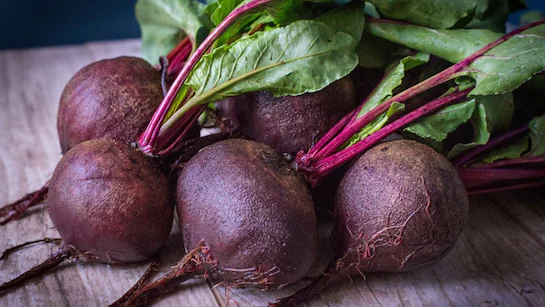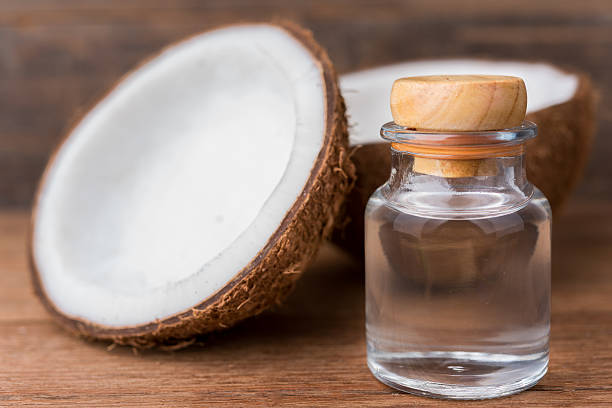Natural Antihistamine.
Luteolin
The natural antihistamine used as a therapy for allergies and immune conditions.
Luteolin in Foods
Luteolin is a yellow, crystalline, polyphenolic flavonoid that is present in many fruits and vegetables like apples, carrots, celery, cabbage, green peppers, and dandelion leaves. Luteolin is also present in olive oil as well as herbs and teas, including rosemary, thyme, oregano, peppermint, and chamomile.
Luteolin is a flavonoid or natural nutrient found in plants, including cannabis. Flavonoids like luteolin have been found to have beneficial effects on human health by reducing oxidative stress, an imbalance in the body that can precede many serious diseases including cancer.
Although luteolin is widespread in common foods, the estimated daily consumption from a typical diet is less than 1 mg per day.1 People who eat more processed foods and fewer fresh fruits, vegetables, and herbs consume even less luteolin.
Luteolin’s Unique Properties
Plant flavonoids are well known for their antioxidant and anti-inflammatory properties, offering protection from cancer, heart disease, and chronic inflammatory conditions. Luteolin is no exception to this rule, but may also offer additional, unique benefits. Basic research shows that luteolin acts as a natural antihistamine by preventing mast cell degranulation; it attenuates airway mucus production by inhibiting gamma-aminobutyric acid A (GABAA) receptors; it decreases inflammation by modulating immune cytokines; and it can cross the blood-brain barrier.
Luteolin inhibits mast cell degranulation, effectively blocking the release of histamine before it causes allergic symptoms. Luteolin has been identified as the active ingredient in two herbal remedies that have historically been used for allergies.




